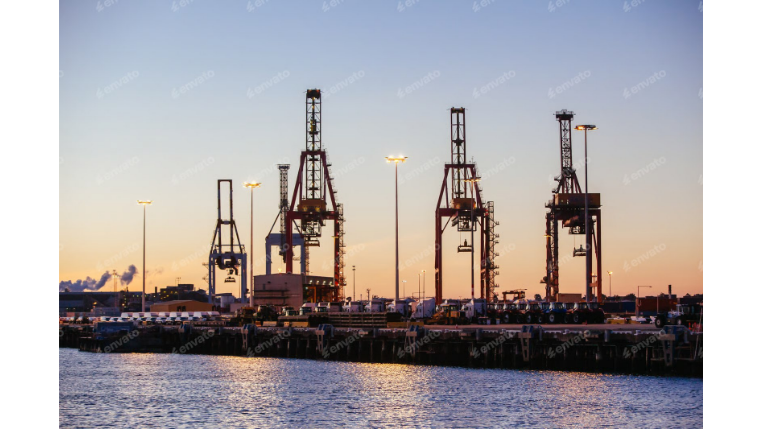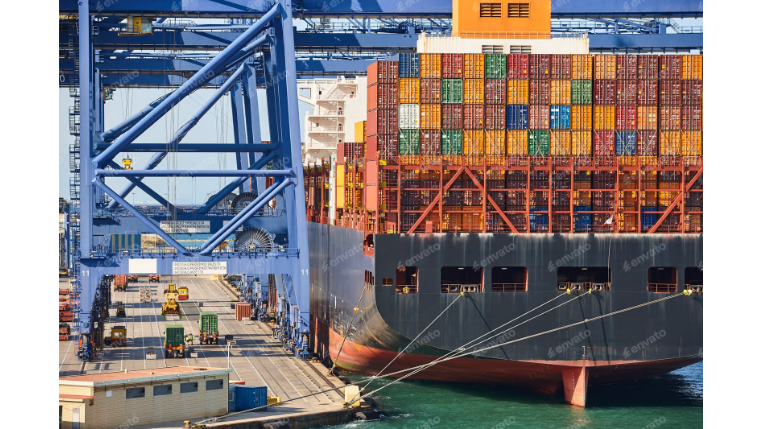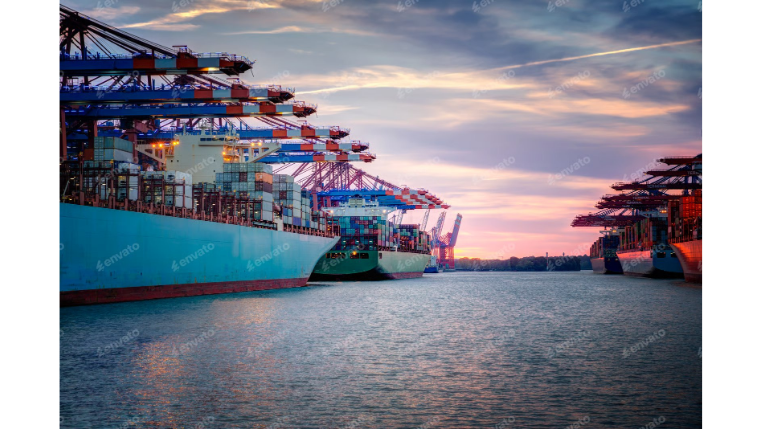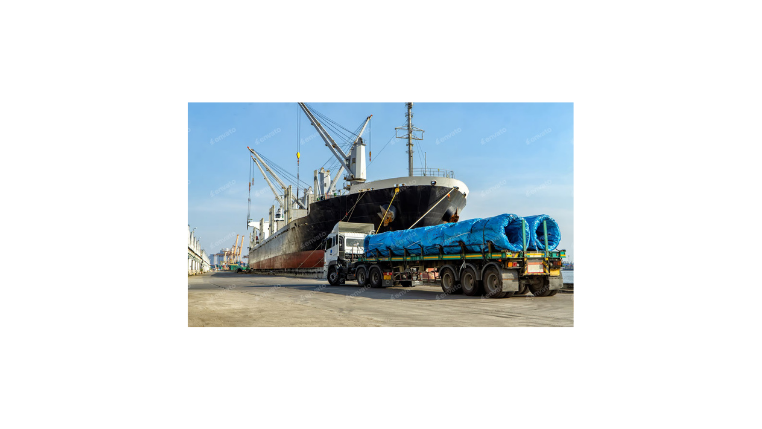Taking Control: The Strategic Advantages of Being a Beneficial Cargo Owner (BCO)
In the complex world of global logistics, true control over your supply chain is the ultimate competitive advantage. This is the core principle behind the Beneficial Cargo Owner (BCO)—the entity that owns the goods and directs their journey from origin to destination. This blog explores the powerful strategic advantages of operating as a BCO, from negotiating directly with carriers for significant cost savings to gaining the end-to-end visibility needed for superior customer service. Discover how taking direct control of your cargo can streamline operations, enhance flexibility, and boost your bottom line.
What is a Beneficial Cargo Owner (BCO)?
A Beneficial Cargo Owner (BCO) is the company that holds the primary financial interest in the cargo being shipped and ultimately controls its movement, even if they are not listed as the shipper, consignee, or importer of record on the bill of lading. In simple terms, the BCO is the true owner of the goods with the final say on the logistics.
This distinguishes them from intermediaries like freight forwarders or Non-Vessel Owning Common Carriers (NVOCCs), who arrange transportation on behalf of others. The BCO is the actual importer or exporter who takes an active, hands-on role in managing their freight procurement and supply chain operations.
The Core Advantages of the BCO Model
Operating as a BCO is a strategic shift from outsourcing logistics to owning the process. This control unlocks several powerful benefits that can transform a company's supply chain from a cost center into a competitive weapon.
1. Direct Cost Control and Negotiation Power
This is perhaps the most significant advantage. Instead of relying on a forwarder's marked-up rates, BCOs with sufficient volume can enter into direct service contracts with ocean carriers, trucking companies, and other logistics providers. By negotiating from a position of strength, they can secure more favorable rates, guaranteed space, and better terms, leading to substantial long-term cost savings.
2. Enhanced Supply Chain Visibility and Management
When you control the logistics, you control the data. BCOs have direct access to carrier information, shipment statuses, and performance metrics. This end-to-end visibility allows for proactive decision-making. Instead of waiting for an update from a third party, an in-house logistics team can identify potential delays, reroute shipments, and manage exceptions in real-time.
3. Greater Flexibility and Customized Solutions
Working through intermediaries often means choosing from a standard menu of services. As a BCO, you can build a logistics network that is perfectly tailored to your business needs. You can select specific carriers for different trade lanes, blend service speeds to manage inventory, and create customized solutions that a "one-size-fits-all" approach cannot match.
4. Improved Customer Service and Reliability
Control and visibility translate directly to a better customer experience. With a firm handle on their supply chain, BCOs can provide more accurate delivery ETAs, communicate proactively about delays, and ensure a more reliable flow of goods. This predictability and transparency build trust and strengthen customer relationships.
BCO vs. Using Intermediaries: A Strategic Choice
The decision to operate as a BCO is not right for every company. It's a strategic choice based on volume, resources, and long-term goals.
- The BCO model is best for: Companies with significant and consistent shipping volumes, an in-house logistics team (or the willingness to build one), and a strategic focus on using their supply chain as a competitive differentiator.
- Using intermediaries is ideal for: Small to medium-sized businesses with lower shipping volumes, companies new to international trade, or businesses that prefer to outsource the complexities of logistics to focus on their core products or services.
The Responsibilities of a BCO
With great control comes great responsibility. A successful BCO must effectively manage several key functions:
- Freight Procurement: Running tenders (RFPs) and negotiating annual service contracts with multiple carriers.
- Carrier Relationship Management: Building strong, collaborative partnerships with carriers to ensure reliable service.
- Operational Execution: Managing day-to-day tasks like booking, tracking, and documentation.
- Technology Investment: Implementing a Transportation Management System (TMS) or other digital platforms to manage the complexity.
Conclusion
In conclusion, becoming a Beneficial Cargo Owner is a deliberate move toward mastering your supply chain. It represents a shift from being a passive customer of logistics services to being the active architect of your own global network. While it requires investment in expertise and technology, the rewards—cost savings, resilience, and superior service—are immense. To effectively manage these complex operations, BCOs rely on powerful digital tools. Centralized logistics platforms like Modaltrans provide the end-to-end visibility, carrier integration, and data analytics that empower BCOs to take full control of their freight and turn their supply chain into a powerful engine for growth.










